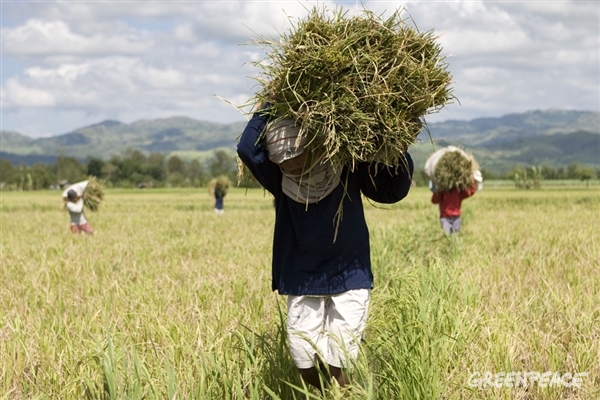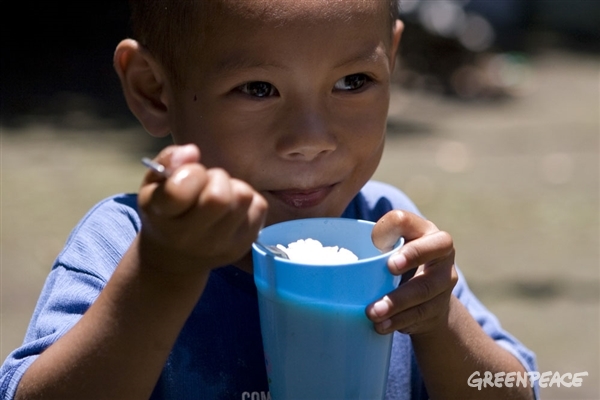 Time and again we have heard that business as usual is compromising the health of our environment which then has a profound impact on human health and well-being. The way humans have unceasingly poisoned our soils, water and air through the use of synthetic fertilisers and chemical pesticides has wrought so much damage to the very ecosystems that nurture life on Earth. And as if this is not enough, the use of GMOs in agriculture further puts our environment in jeopardy with irreversible contamination.
Time and again we have heard that business as usual is compromising the health of our environment which then has a profound impact on human health and well-being. The way humans have unceasingly poisoned our soils, water and air through the use of synthetic fertilisers and chemical pesticides has wrought so much damage to the very ecosystems that nurture life on Earth. And as if this is not enough, the use of GMOs in agriculture further puts our environment in jeopardy with irreversible contamination.
When scientists claim that the only choice to address food security, control pests and diseases and get higher yields is through the use of GMOs or chemical fertilisers and pesticides, I cannot help but think of the disservice these scientists do to farmers and consumers by not mentioning that there is a third option: ecological agriculture. What’s even worse is when the same scientists vouch for the safety of GMOs despite the lack of scientific consensus and the fact that more and more countries are rejecting GMOs.
 Food security is not about producing more food because world food production is greater than what is actually needed to feed the present population. What’s needed is for people to have equitable access to these foods, and for farmers to have access to seeds and the right to develop new crops. But the sad fact is, under current agricultural practices, food production is now in the control of only a few big agrochemical corporations.
Food security is not about producing more food because world food production is greater than what is actually needed to feed the present population. What’s needed is for people to have equitable access to these foods, and for farmers to have access to seeds and the right to develop new crops. But the sad fact is, under current agricultural practices, food production is now in the control of only a few big agrochemical corporations.
The use of GMOs in agriculture undermines the right of farmers to choose what to plant and the right of consumers to choose what they eat. Contamination of conventional crops from patented genes owned by corporations transfers ownership of these crops from farmers to corporations, weakening sustainable agriculture practices that rely on diversity and free access to these diverse genetic resources. No matter what they say, in the end there is no choice when contamination occurs. Actually, it is already happening every time a GMO crop is released into the environment through field-testing or commercial propagation.
Nowhere in Earth’s history is the need to change the way humans produce food is more urgent. It is time that we heed the core message of 400 experts and 100 nations under the International Assessment of Agricultural Science and Technology Development of the United Nations. As they recommended: “There is urgent need to move away from destructive and chemical-dependent industrial agriculture and to adopt environmental modern farming methods that champion biodiversity and benefit local communities. More and better food can be produced without destroying rural livelihoods or our natural resources. Local, socially and environmentally responsible methods are the solution. The IAASTD also concluded that such techniques as genetic engineering are no solution for soaring food prices, hunger and poverty. “
Ecological agriculture is about diversity, and diversity of crops leads to addressing not only one type of problem whether it be pests, nutrient deficiency or withstanding climatic conditions. It is also about sustaining the livelihood of the millions of farmers that have fed the world through the ages without the use of synthetic chemicals or GMOs.
So today on World Food Day, give thanks to the small farmers, for they have fed the world and have proven sustainability is not about more food but is about less control on our food production.
Daniel Ocampo is Sustainable Agriculture campaigner at Greenpeace Southeast Asia based in the Philippines. Follow his updates on Twitter via @dannyoph

Discussion
Agriculture